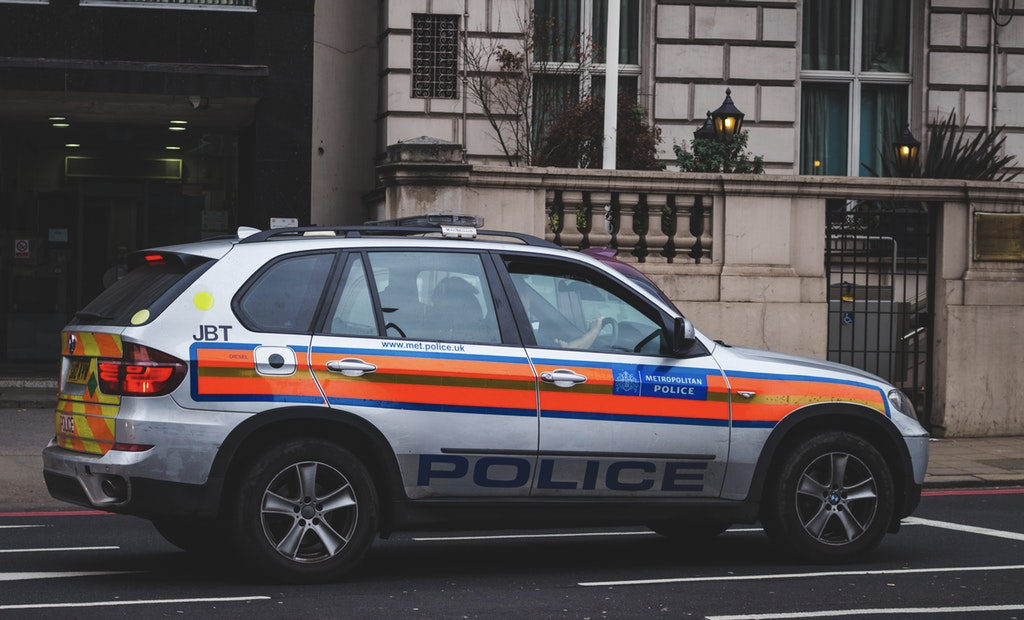Police jobs: Nearly 6,800 fewer front line officers since general elections

More than 24,000 police jobs have been terminated as a result of spending cuts. The total number of police staff employed in England and Wales plummeted by 5.6% between 2011 and 2012 and will be reduced further in 2013.
According to House of Commons analysis, six forces have seen reductions of more than 10% in front line officers’ numbers since 2010. Warwickshire Police has lost 132 such officers, or 16.3% of its total – the largest cut of any force in England and Wales.
However, the biggest cuts in nominal terms have affected West Midlands Police, with a reduction in front line officers by 814 since 2010. The House of Commons has predicted the total reduction of those officers after spending cuts will reach 6,800.
Visible officers – those who occupy publicly visible roles – have also been reduced, recording the largest drop in Warwickshire of 34.9%.
Her Majesty’s Constabulary has repeatedly asked police chiefs to reduce their middle and back office staff numbers in order to protect the national frontline. However, it is reported that only two forces out of 43 managed to fulfill ministerial hopes of boosting their frontlines thanks to reorganization.
Despite these cuts, the aim of saving money does not appear to apply to the spending costs for police and crimes commissioners’ elections in November, where advertising alone will cost £3.69m. Several members of the public have since complained that the money used for these elections could have been used to keep more officers in post.
Shadow Home Secretary Yvette Cooper, who commissioned the research into police cuts, said: “Police and crime commissioners will be put in an impossible position.”
The Home Office stated that Her Majesty’s Inspectorate of Constabulary’s original predictions were based on long-term work with police forces: “The proportion of officers on the frontline will rise. The vast majority of forces are rising to the challenge we set them of improving services while making their contribution to reducing the deficit. Crime is down, victim satisfaction is improving and the response to emergency calls is being maintained.”
Annalisa Ratti

























Facebook
Twitter
Instagram
YouTube
RSS